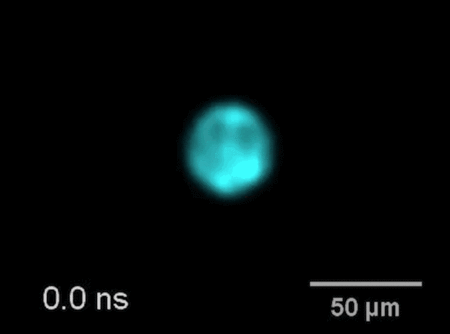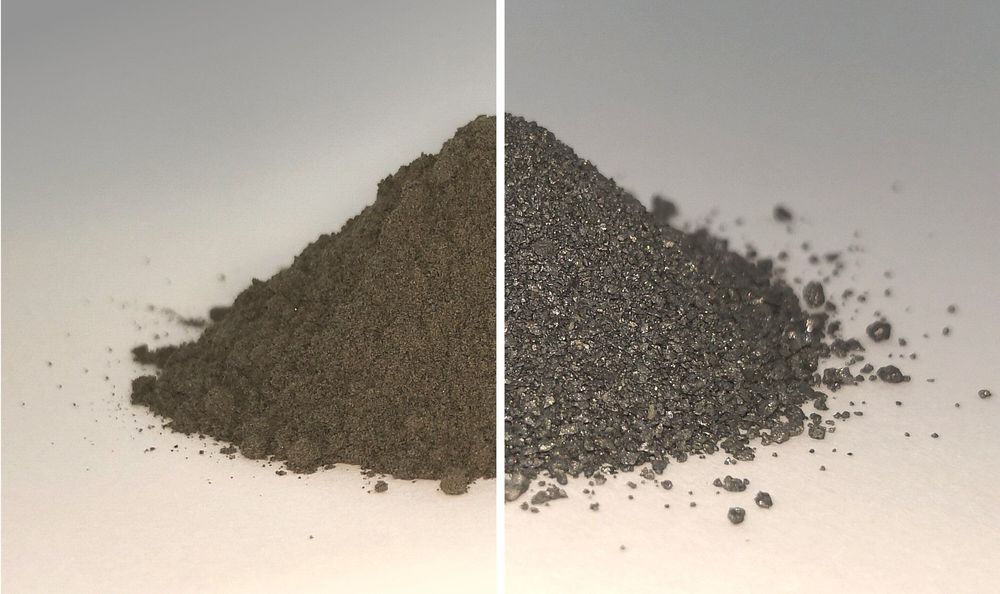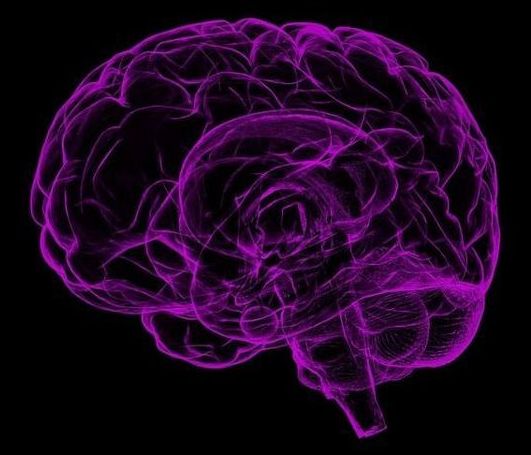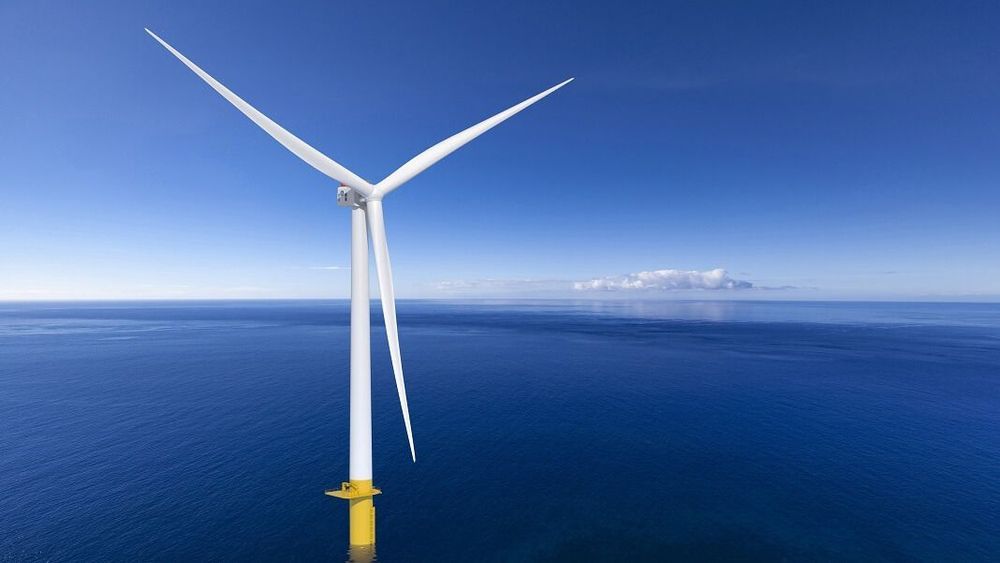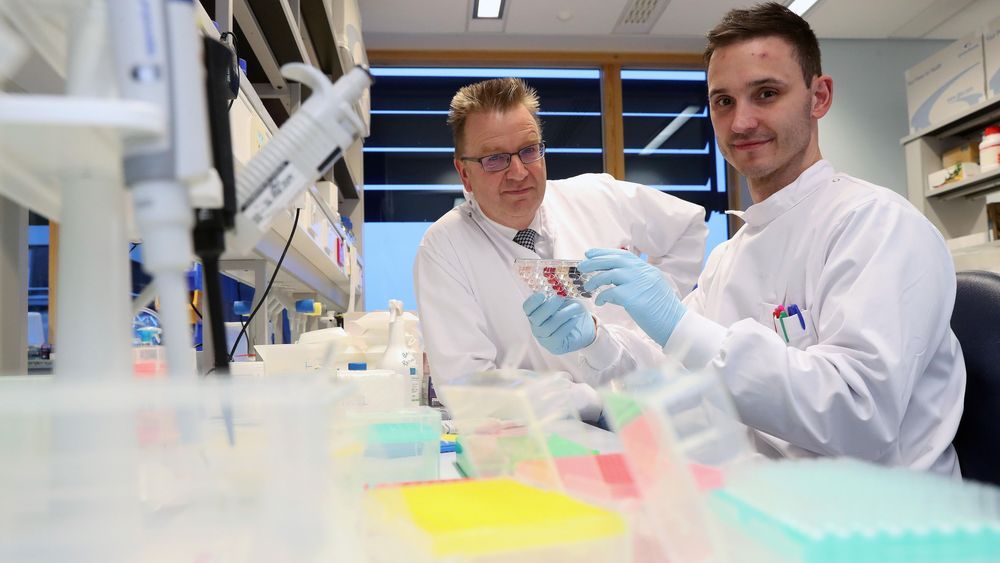Page 8005
Jan 21, 2020
Scientists have discovered strange objects orbiting our galaxy’s black hole
Posted by Quinn Sena in category: cosmology

Every major galaxy is home to a supermassive black hole, and our own Milky Way is no exception. Astronomers recently found something unexpected near this massive object — 4 mysterious objects, each similar to a pair of bizarre bodies spotted in recent years in this same region of the galaxy.
Our local supermassive black hole, Sagittarius A* (Sgr A*, pronounced Sag A star), contains roughly 4 million times as much mass as the Sun. Not far from this black hole, members of a newly-discovered class of objects are caught in a gravitational dance with a massive body.
Jan 21, 2020
Ultrafast camera takes 1 trillion frames per second of transparent objects and phenomena
Posted by Quinn Sena in categories: electronics, neuroscience
A little over a year ago, Caltech’s Lihong Wang developed the world’s fastest camera, a device capable of taking 10 trillion pictures per second. It is so fast that it can even capture light traveling in slow motion.
But sometimes just being quick is not enough. Indeed, not even the fastest camera can take pictures of things it cannot see. To that end, Wang, Bren Professor of Medical Engineering and Electrical Engineering, has developed a new camera that can take up to 1 trillion pictures per second of transparent objects. A paper about the camera appears in the January 17 issue of the journal Science Advances.
The camera technology, which Wang calls phase-sensitive compressed ultrafast photography (pCUP), can take video not just of transparent objects but also of more ephemeral things like shockwaves and possibly even of the signals that travel through neurons.
Jan 21, 2020
ESA opens oxygen plant, making air out of moondust
Posted by Quinn Sena in categories: materials, space
ESA’s technical heart has begun to produce oxygen out of simulated moondust.
A prototype oxygen plant has been set up in the Materials and Electrical Components Laboratory of the European Space Research and Technology Centre, ESTEC, based in Noordwijk in the Netherlands.
“Having our own facility allows us to focus on oxygen production, measuring it with a mass spectrometer as it is extracted from the regolith simulant,” comments Beth Lomax of the University of Glasgow, whose Ph.D. work is being supported through ESA’s Networking and Partnering Initiative, harnessing advanced academic research for space applications.
Jan 21, 2020
Hello, if you are interested in any of the following listed in the videos
Posted by Brent Ellman in category: futurism

Please leave a comment.
This is the boat of the future and we are sailing.
Thanks to Eric Klien Brent Ellman and others.
Continue reading “Hello, if you are interested in any of the following listed in the videos” »
Jan 21, 2020
Not bot, not beast: scientists create first ever living, programmable organism
Posted by Paul Battista in category: robotics/AI

Xenobots have been called the world’s first “living robots”. They are made entirely of living tissue, and can be programmed to move towards a certain object.
Jan 21, 2020
The Brain Predicts Reward Like an AI, Says New DeepMind Research
Posted by Omuterema Akhahenda in categories: futurism, robotics/AI
We all subconsciously learn complex behaviors in response to positive and negative feedback, but how that works in the brain remains a century-long mystery. By examining a powerful variant of reinforcement learning, dubbed distributional reinforcement learning, that outperforms original methods, the team suggests that the brain may simultaneously represent multiple predicted futures in parallel. Each future is assigned a different probability, or chance of actually occurring, based on reward.
Here’s the kicker: the team didn’t leave it as an AI-inspired hypothesis. In a collaboration with a lab at Harvard University, they recording straight from a mouse’s brain, and found signs of their idea encoded in its reward-processing neurons.
Jan 21, 2020
World’s Largest Offshore Wind Farm Will Power 4.5 Million Homes
Posted by Omuterema Akhahenda in categories: energy, sustainability
But a new figure blows all of these out of the water. Last week, British renewable energy developer SSE announced construction of Dogger Bank Wind Farm off the eastern coast of England in the North Sea.
With a capacity of 3.6 gigawatts (GW), Dogger Bank will be three times bigger than the world’s biggest existing wind farm, the nearby 1.2 GW Hornsea One.
Located near a seaside town called Ulrome, which is 195 miles north of London, Dogger Bank will have three separate sites—Creyke Beck A, Creyke Beck B, and Teesside A—each with a 1.2 GW capacity, and construction is slated to take two years.
Jan 21, 2020
Meet the robot worm that could crawl into your brain
Posted by Genevieve Klien in category: robotics/AI
Scientists in Shenzhen are developing a machine that sounds like a form of ancient black magic because it could enter the brain and send signals to the neurons.
Jan 21, 2020
Discovery of new T-cell raises prospect of ‘universal’ cancer therapy
Posted by Nicholi Avery in category: biotech/medical
“https://www.cardiff.ac.uk/news/view/1749599-discovery-of-new…r-therapy.”
Researchers at Cardiff University have discovered a new type of killer T-cell that offers hope of a “one-size-fits-all” cancer therapy.
T-cell therapies for cancer — where immune cells are removed, modified and returned to the patient’s blood to seek and destroy cancer cells — are the latest paradigm in cancer treatments.
Continue reading “Discovery of new T-cell raises prospect of ‘universal’ cancer therapy” »

